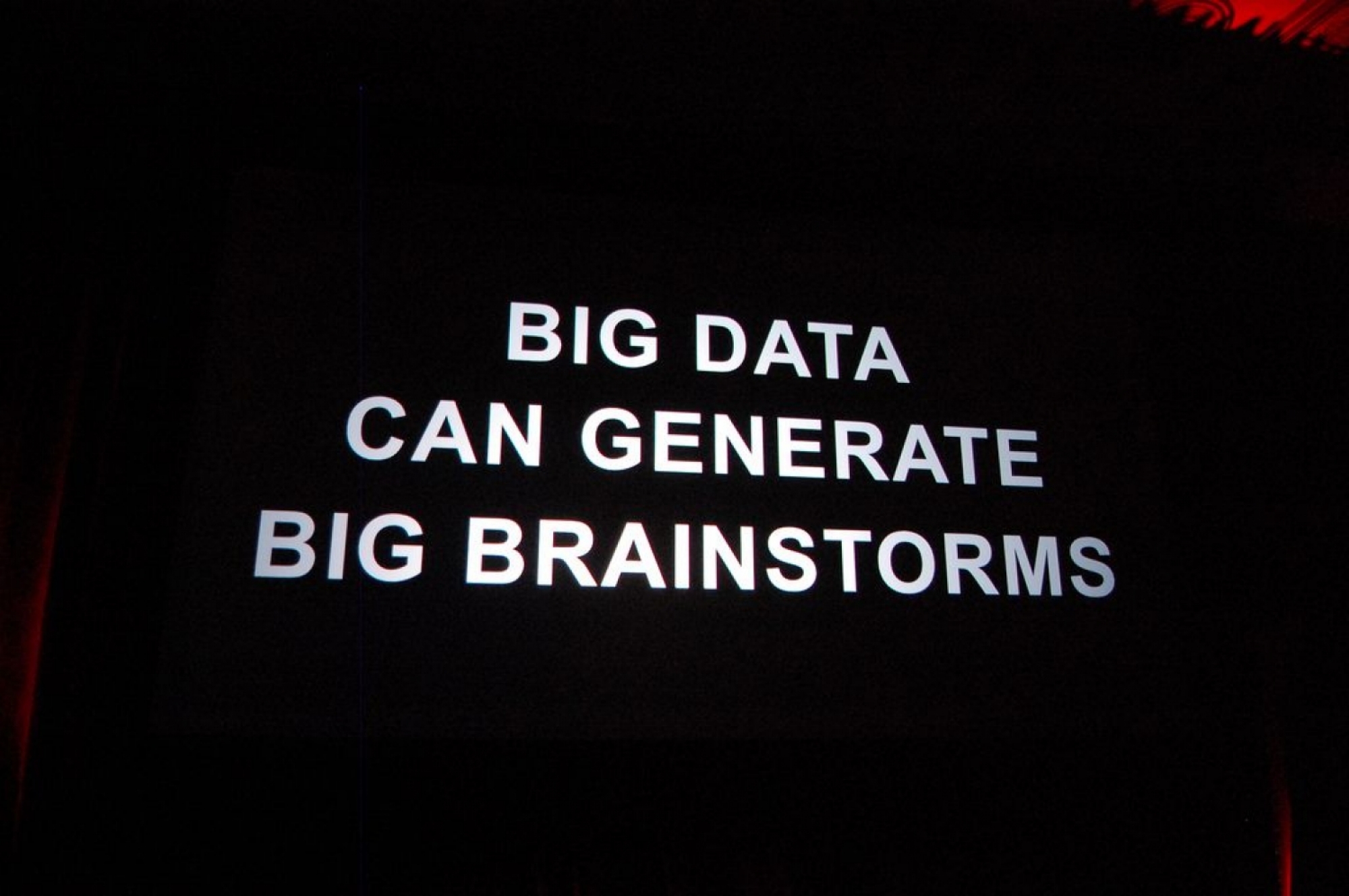Some rights reserved by Kevin Krejci
“Without big data, you are blind and deaf in the middle of a freeway,” proclaims Geoffrey Moore, an American management consultant and theorist. Big words. But what does ‘Big Data’ mean for B2B marketing?
To answer that, let’s establish what big data actually is. This is no easy task. There are many definitions out there and they all vary in meaning. This is because big data means different things to different people.
My favourite definitions are by leading IT research company Gartner and a technology marketing consultant called Lisa Arthur. The former defines big data as “high-volume, high-velocity and high-variety information assets that demand cost-effective, innovative forms of information processing for enhanced insight and decision making”. This refers to the overwhelming speed and volume of data that is now available to businesses, thanks to the growing number of customer touch points that are generating data.
Meanwhile Arthur, writing on Forbes.com, defines it as “a collection of data from traditional and digital sources inside and outside a company that represents a source for ongoing discovery and analysis”. Arthur is simply splitting the data into two subsets; traditional ‘structured’ data, such as customer information, phone records and purchasing transactions, and ‘unstructured’ data, which is generated by customer interactions on online platforms such as websites, forums and social media, as well as broader market sentiment.
For me, big data is the collection of all the data that an organisation has from communicating with people and from listening to what people are saying about their brand. And its power lies in effectively analysing this data to refine and optimise the interactions between company and customer.
Regardless of the size of your company, if you can unpick this abundance of data in a meaningful way – such as identifying an industry trend through social listening and integrating into an existing B2B marketing strategy – then you’re already on the right track and will benefit. That said, it’s not the be all and end all. If you’re already implementing processes that analyse customer data in a way that suits your business and improves your customer communications, then you may not need to worry about more advanced levels of big data analysis. For now.
So, going back to Moore’s definition, without ‘Big Data’ you’re not blind or deaf, no. However, with it you may be able to see and hear better than you ever have before. Speak to us today about our social listening services by contacting Helen Tolino.
References
Geoffrey Moore quote: http://blogs.salesforce.com/company/2014/07/data-quotes-gp.html
Gartner quote: http://www.gartner.com/it-glossary/big-data/
Lisa Arthur quote: http://www.forbes.com/sites/lisaarthur/2013/08/15/what-is-big-data
